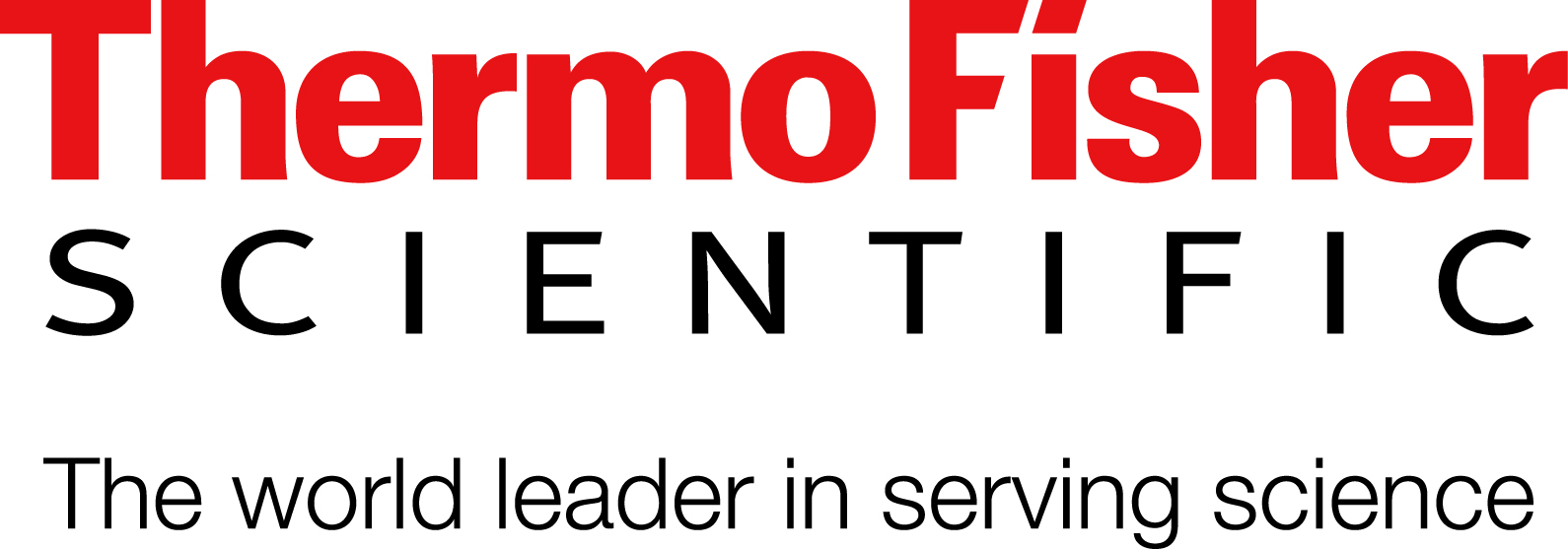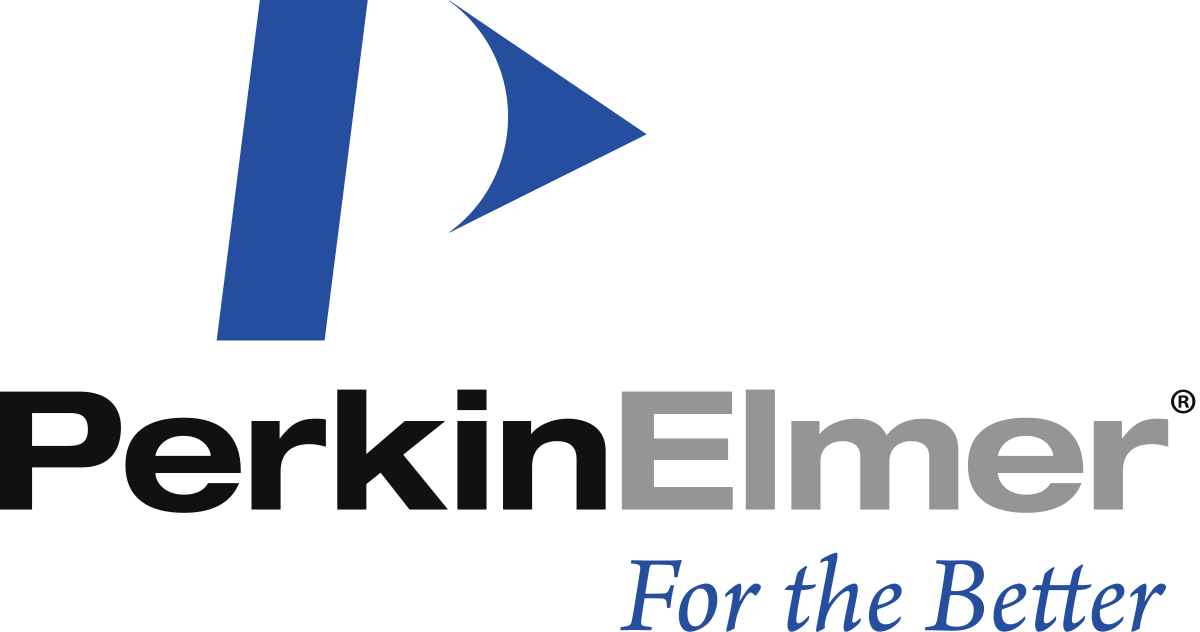| ISBER 2020 Program Series |
ISBER 2020 Educational Program SeriesGlobal leaders were set to converge in April, 2020 at the ISBER 2020 Annual Meeting & Exhibits in Anaheim to address the impact of biobanks on science and how the related discoveries are establishing a roadmap to extend our knowledge network. Given the meeting cancellation, a portion of our invited speakers and abstract presenters have agreed to give their presentations as live, interactive webinars. Register for the full series or individual sessions. 
ISBER 2020Educational Program SeriesPricing
*Purchase of the full webinar series gives you access to all live events, as well as all recordings. *NEW* Discount for ISBER Organization Members Are you an organization member who wishes to register multiple people from your organization for the ISBER 2020 Educational Program Series? We are happy to inform you that organization members are eligible for a bulk discount on registrations as follows:
To request this discount, please email info@isber.org. Low and Middle Income Countries (LMICs): Delegates in countries identified by the World Bank as Low and Lower-Middle Income are eligible for a 50% discount on meeting registration. Delegates in countries identified as Upper-Middle Income are eligible for a 25% discount on meeting registration. If you are eligible to receive a discount please contact info@isber.org. To confirm the income classification for your country, please click here. Please note that if you are also a technician or student, you will receive only the LMIC discount or the technician/student discount, whichever is higher. Full Program SeriesJUN – OCT, 2020The full webinar series gives you access to all live events (webinars, workshops, contributed paper sessions, and discussions) as well as all recordings. June, 2020June 24, 7:00am PT/10:00am ET/4:00pm CET/10:00pm CSTCorporate Workshop: Monitoring Nucleic Acid Integrity During Long-Term Storage with Automated Electrophoresis Presented by Elisa Viering (Agilent Technologies, Germany) and Monique Albert (Ontario Biobank, Canada) Description: The DNA and RNA samples that you store in your biobank will be used for important research later. Our webinar will show you how to improve confidence in your sample quality, before and after samples go into storage using different automated electrophoresis platforms. In the webinar, we will have two retrospective analysis of sample storage conditions. Agilent’s nucleic acid QC portfolio streamlines the analysis of both DNA and RNA, including high-molecular weight genomic DNA through 165 kb. Each of Agilent’s automated electrophoresis instruments supply digital data with objective quality metrics that allows for easy data archiving and comparisons. Through the routine use of quality control, biobanks can evaluate past and current procedures for continuous improvement while also providing biobank users a detailed understanding of sample quality. This webinar is hosted by Agilent Technologies 
July, 2020July 8, 9:00AM PT/12:00PM ET/6:00PM CET/12:00AM NEXT DAY CSTWorkshop: Neglected Ethics in Biobanking: Addressing Issues of Sustainability, Utilization, and Stewardship Presented by Aaron J. Goldenberg (Case Western University, USA), Kyle Brothers (University of Louisville, USA), Jean Cadigan (University of North Carolina, USA) Description: The promotion of precision medicine has led to increased interest in larger collections of biospecimens that are more representative of genetic variation across and within populations. There is now a robust literature identifying and addressing the ethical, legal, and social implications of biobanking. Nevertheless, the recent evolution of biobank networks has revealed a number of unanswered and understudied questions regarding stewardship and utilization of biospecimens and data, including 1. The discrepancy between limited funding and the assumption that the biobank will last “permanently;” 2. the lack of planning for what will happen to the specimens and data if the bank terminates; and 3. underutilization of specimens and data. Since that time, the biobanking industry has grown more complex, with increasing numbers of biobanks forming networks. In theory, these networks should facilitate increased stability of operations and utilization. This presentation will review the results from a study that investigated to what extent, if any, current U.S. networked biobanks seem to be achieving increased stability and utilization. July 16, 10:00am PT/1:00pm ET/7:00pm CET/1:00am next day CSTBiospecimens for Accelerating Biomarker Discovery to Advance Diagnosis and Therapeutics Presented by Ida Biunno (ISENET Biobanking, Italy), Stephen Lin (California Institute for Regenerative Medicine, USA), Lauren Leiman (BloodPAC, USA), Jerry Lee (University of Southern California, USA), Meri Firpo (ISCBI, USA) Description: Advancing personalised medicine, will require new and effective biomarkers that will aid in early and better diagnosis and the development of efficient new therapies. The hallmark of such advances lies in successful translational research which utilizes human biospecimens. Breakthrough discoveries will therefore require quality biospecimens for the identification, development and validation of new research findings. The session represents a review of biobanking of novel human cell systems for a new generation of cellular therapies and personalised diagnostic testing. Speakers will address the new challenges that these systems bring for biobanks in terms of ethics, data management, preservation technology, quality control and characterisation. They will also present potential new technologies and thinking that will be needed to meet these challenges. July 22, 9:00am PT/12:00pm ET/6:00pm CET/12:00am next day CSTCorporate Workshop: A Path Towards Sustainability - ISO 20387 Accreditation of a Cornell Biobank Presented by: Lara Mouttham (Cornell University, USA), Susan J. Garrison (Cornell University, USA), and David Lewandowski (Brooks Life Sciences, USA) Description: Biobanks play an integral role in research and precision medicine by collecting, processing, storing, and distributing high-quality biological material and associated data.
With large commitments from the institutions that support biobanks – the NCI has reported spending over 50 million dollars per year on its biobank infrastructure - and advancements in precision medicine
resulting directly from these resources, stakeholders (donors, funders, and users) are more likely to request a value and impact measure for the biobanks they support, along with a long-term sustainability
plan that can assure the continuous running of such operations beyond the immediate future. This webinar is hosted by Brooks Life Sciences 
August, 2020August 5, 5:00PM PT/8:00PM ET/2:00AM CET NEXT DAY/8:00AM CST NEXT DAY/10:00AM AEST NEXT DAYContributed Paper Session 1
Biochemically Tracked Variability of Blood Plasma Thawed-State Exposure Times in a Multisite Collection Study
August 12, 6:00am PT/9:00am ET/3:00pm CET/9:00pm CST
Global Biobank Experiences - Navigating Your Biorepository Operations Presented by Yunice Shao (China National GeneBank, China), Iman Farahat (Egyptian National Cancer Institute, Egypt) Description: Successful repository operations with a solid base in the implementation of best practices are universal and can be scaled for implementation in any size operation. This session will highlight proven, successful repository operations across the globe. Presentations will demonstrate how repositories stayed relevant and developed coordinated activities to tackle challenges and the changing demands of the scientific communities they serve. August 19, 8:00am PT/11:00am ET/5:00pm CET/11:00pm CSTPractical Applications for Biorepository Processes Presented by Umesh Bhanot (Memorial Sloan Kettering Cancer Center, USA), Steven Haynes (Sheffield University Medical School, UK) Chaired by: Shonali Paul (COO, CloudLIMS) Description: Biobanks have been portrayed as having the promise to unlock biological processes and promote a better tomorrow. Following the advent of the human genome project, biobanks have become the bedrock to accelerating scientific discoveries. Stemming from the success stories is a blueprint that places the biobank community at the forefront of research infrastructure for many generations to come. Discussions will include utilization of the methods and technology that support acquisition, data annotation, processing, quality control, cryopreservation, and cold-chain logistics. August 26, 7:00AM PT/10:00AM ET/4:00PM CET/10:00PM CSTCorporate Workshop: 5,000 Days of Biobank Experience - What Have We Learned and How Do We Prepare for the Next Decade? Presented by: Erik Steinfelder (Thermo Fisher Scientific, The Netherlands) Description: Last year, a study performed by the German Biobank Node (GBN) proved again that researchers are in need of high-quality samples that have been processed and stored under reliable conditions. While this might seem obvious, it is easier said than done for many biobankers. What is the best way to prepare and store samples if you are focusing on specific molecular mechanisms of diseases versus investigation of target expression in large patient cohorts when designing a clinical trial? Before samples are actually stored, it is good to have a clear understanding of their potential use i.e. which analytical technologies will be used. In those cases where the analytical end goal is not clear, consensus should be there on which general storage conditions must apply. In the last decade, hundreds of biobanks around the globe were supported by our cold storage solutions, pre-analytical workflows and -omics technologies. What did we see, learn, develop and improve that could help you achieve the requirements of researchers that are desperately looking for samples and associated clinical data? Join us for an industry perspective presented in an interactive manner that could help you to optimize your approach and processes. This webinar is hosted by Thermo Fisher Scientific 
September, 2020September 9, 9:00AM PT/12:00PM ET/6:00PM CET/12:00AM next day CSTCorporate Workshop: The Importance of Sample Management in Precision Medicine: A High-throughput Biobanking Workflow Solution Presented by: Dr. Andrew Brooks (CEO Infinity BiologiX, USA) Description: The increased acceptance and implementation of precision medicine, direct to consumer genomics and applications such as regenerative medicine have driven the need and adoption
for the storage of primary samples and the isolation and storage of high quality, high molecular weight nucleic acid. One reason for primary sample and nucleic acid storage is the value of the information
held within the sample. This webinar is hosted by PerkinElmer 
September 23, 9:00AM PT/12:00PM ET/6:00PM CET/12:00AM NEXT DAY CSTHow Biobanks are Paving a Path to a Better Tomorrow Presented by: Kyle Van Houtan (Monterey Bay Aquarium, USA), Lester Russell (National Health Service, UK), Dawn Barry (LunaPBC, USA) Description: Research technologies are transforming our biological knowledge-base in ways that have never been possible. As the stewards of quality biospecimens and associated big data, biobanks are providing pathways to diagnostics and discovery that permeate across the globe with the goal of improvement in prevention, wellness, and healthcare applications. This webinar will provide high-impact scientific narratives in which biobanks have paved the road towards a better tomorrow, highlighted by speakers who have utilized biobanks for their research. October, 2020October 7, 11:00AM PT/2:00PM ET
Contributed Paper Session 2
October 14, 12:00PM PT/ 3:00PM ETMoving Science Forward - Results Drive Value/Reputation of Biobanks and Enhance Sustainability Presented by Christopher Loffredo (Georgetown University Medical Center, USA), Anderson Mayfield (NOAA/University of Miami, USA), Antonio Hugo Campos (Rede D'Or Network Hospitals, Brazil) Description: Biobanks have become key assets to research and clinical care. Biobanks require financial and operational support from organizations, key stakeholders and the community to be sustained. This plenary symposium will highlight scientific success stories that have resulted from the use of fit for purpose biospecimens and data from biobanks to power their findings and translation into practice. Scientific success feeds back to increase the stature and reputation of biobanks as an important infrastructure in discovery research. Lessons learned from this plenary will be specific examples of how scientific success can be leveraged to increase the value/reputation and financial, operational and social sustainability of biobanks. October 19, 11:00AM PT/ 2:00PM ETFrom Human Tumor Biobanking to Human Tumor 3D-Bioprinting: Innovating for Personalized Medicine in Oncology Presented by Clément Milet (CTIBiotech, France) Description: CTIBiotech is a founding member of the IMODI (Innovative Models against cancer, www.imodi-cancer.org) French cancer research consortium which federates public hospitals, academic groups, biotechs and private pharmaceutical companies with the financial support of the French government. IMODI develops predictive preclinical models for 10 cancer indications with a high level of characterization to detect as early as possible in the development process, the most effective and the most appropriated anti-cancer therapies for targeted patient populations. Since 2013, CTIBiotech operates the unified biobank, with over 50 000 biological samples. Tumors are collected from consenting patients and dissociated to isolate each cell types within a given tumor. After sorting, each cell type is amplified prior to constructing a 3D tissue model called a micro-tumor. This 3D model mimics the tumor physiologically and morphologically providing a realistic environment for drug testing. In 2015, CTIBiotech research team introduced a technology breach and initiated a transition towards automation with full 3D bioprinting technologies to make them scalable, competitive and replicable. Using the latest tools in bioengineering, CTIBiotech researchers are now printing cancer tissues in 3D called microtumors. The resulting models can be used for highly significant pre-clinical testing. These microtumors accurately reproduce, in vitro, the interactions between human cancer cells and all other types of cells that form the tumor microenvironment. These models can eventually be used to determine the most effective therapy for each patient in a personalized medicine approach. October 29, 9:00AM PT/12:00PM ET/6:00PM CET/12:00AM NEXT DAY CST
Contributed Paper Session 3
Please click here to access available electronic poster abstracts. Oral abstracts are part of Contributed Paper Sessions. Please see the schedule listed above. Please click here to access the virtual exhibit hall. Please click here to view the speaker biographies! |
2/3/2026 » 2/5/2026
Biobanking 101 Workshop: Planning and Operational Setup: Planning and Managing Storage Environm
4/21/2026 » 4/23/2026
ISBER 2026 Global Biobanking Congress in Shenzhen, China